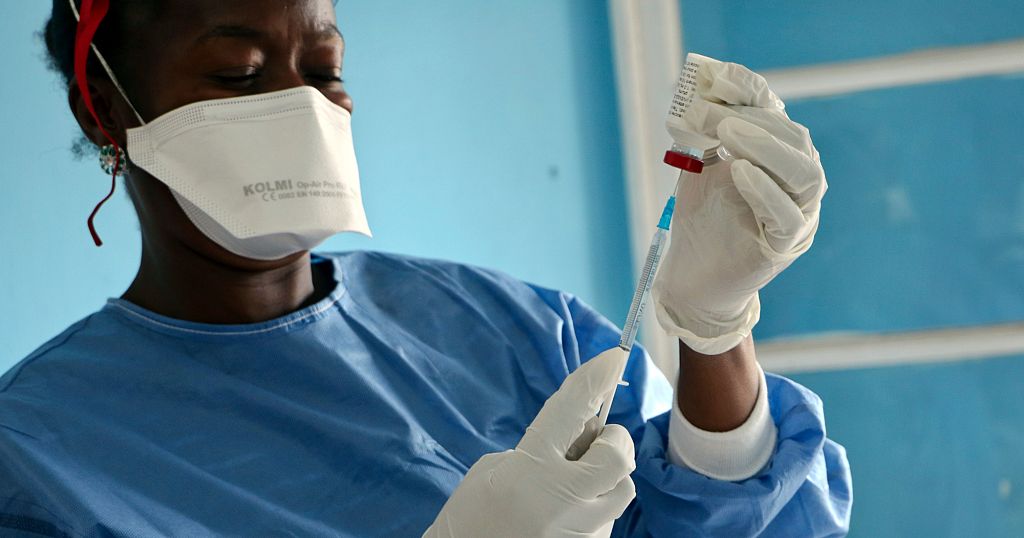The World Health Organization has reported a significant increase in Ebola-related deaths in southern Congo, where a new outbreak of the deadly virus is ongoing. As of Thursday, 31 out of 38 confirmed cases have resulted in fatalities, marking a substantial rise from the 16 reported last week. The disease is spreading rapidly, with over 900 contacts identified so far.
Vaccination efforts began in the affected region on Sunday, with more than 500 healthcare workers and contacts receiving their vaccinations, according to Dr. Patrick Otim from the WHO’s Africa program. This provides them with crucial protection against the virus. A total of 760 doses have been delivered to Bulape, the epicenter of the outbreak, with an additional 45,000 doses expected to arrive in Kinshasa soon to bolster the vaccination campaign.
The current outbreak was announced by Congolese authorities on September 5 in the locality of Bulape, located in the south-central region of Kasai, near the border with Angola. The Africa Centers for Disease Control and Prevention reported that the disease has spread from two districts to four. To combat this, an additional batch of vaccines approved by the International Coordinating Group on Vaccine Provision is scheduled to arrive between Friday and Sunday.
Due to limited storage capacity and difficult access to the affected area, vaccines have been flown into Bulape in small batches. The WHO and local authorities are working to contain the outbreak and prevent further spread of the disease. The rapid increase in cases and fatalities underscores the need for swift and effective action to protect the affected communities and prevent the outbreak from escalating further.
The Ebola outbreak in Congo is a significant public health concern, and the international community is closely monitoring the situation. The WHO and other health organizations are working together to support the Congolese government’s efforts to contain the outbreak and provide assistance to those affected. As the situation continues to evolve, it is essential to remain vigilant and take proactive measures to prevent the spread of the disease.
